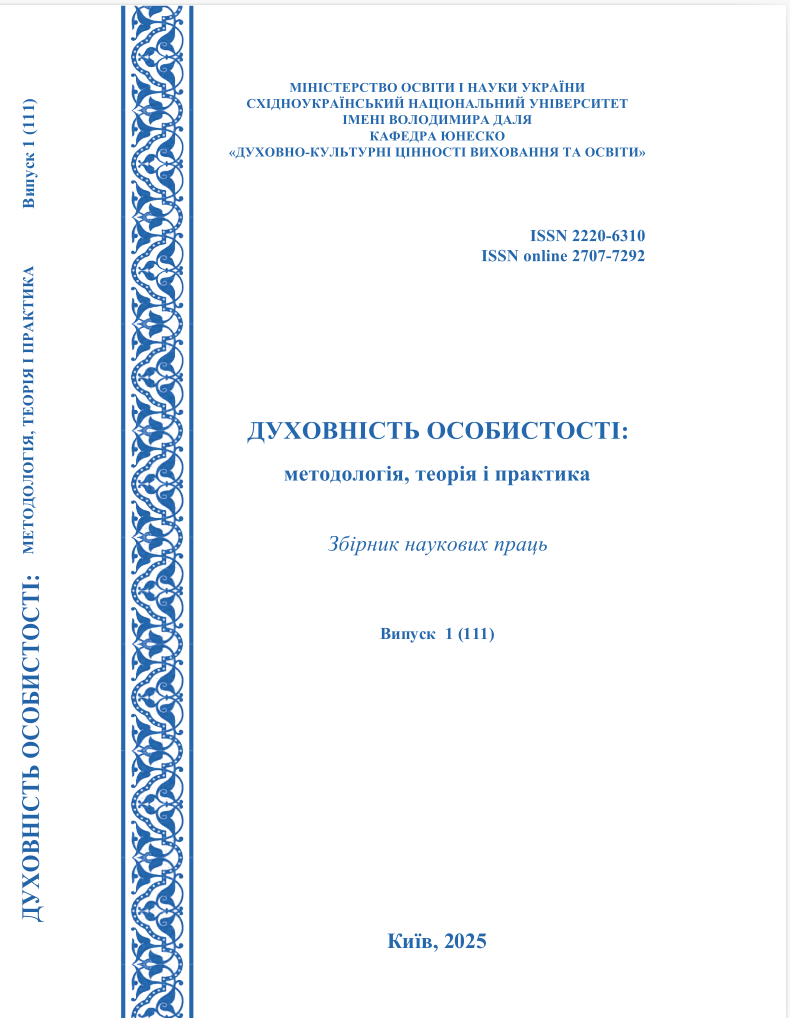Development of critical thinking of future social workers in the conditions of a pedagogical university
DOI:
https://doi.org/10.33216/2220-6310/2025-111-1-72-80Keywords:
social worker, pedagogical university, critical thinking, development, reception, methodAbstract
The article proves that the problem of developing critical thinking of future social workers in the conditions of a pedagogical university remains insufficiently studied, and the formed critical thinking skills of social specialists will ensure their adoption of the most optimal decisions and ensure the fulfillment of all the envisaged functions of this profession. Critical thinking is defined as logical (correct), reflective thinking, focused on a reasonable consideration of various approaches to making a well-founded, reasoned, balanced decision regarding any judgment, a certain problem, which includes an assessment of the thinking process itself. B. Bloom's taxonomy is considered as one of the effective tools for diagnosing and developing critical thinking. Readiness for planning, flexibility, perseverance, readiness to correct one's mistakes, awareness, and search for compromise solutions are highlighted as key characteristics of the formation of critical thinking in a person. The expediency of using such forms and techniques in the development of critical thinking in students of a pedagogical university as the use of complex trainings, critical thinking strategies and simulations is substantiated; formation of visual thinking; formation of inductive thinking, the ability to doubt statements and hypotheses; use of step-by-step problem-solving strategies within the framework of debates; study of interdisciplinary subjects through critical thinking; writing a critical analysis of a text, etc.

